With so many benefits available to veterans, it’s hard to keep track of all of them. To help you out, here’s a list of frequently asked questions about burial benefits and their answers!
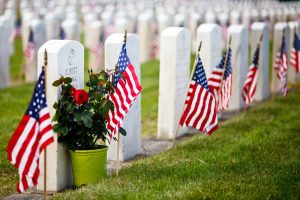
Q: What are my burial benefits as a veteran?
A: The Department of Veterans Affairs (VA) offers burial benefits for eligible veterans, their spouses, and their dependent children. These burial benefits include, at no cost to the family:
- A burial space in a national cemetery. Burial spaces may not be arranged in advance but are offered to families as the need arises. In addition, certain state cemeteries offer burial spaces to veterans. Be sure to check with your local state cemetery about any fees or charges that may apply.
- Grave liner, opening and closing of the grave, and perpetual care (for those buried in a national cemetery)
- A government-issued headstone, marker, or medallion (all eligible veterans)
- One burial flag (all eligible veterans)
- A Presidential Memorial Certificate (all eligible veterans)
- Burial and plot allowances (amounts determined by VA; only for veterans not buried in a national cemetery)
For more in-depth information about these benefits, contact your local VA office, go to www.benefits.va.gov, or speak with a funeral professional who is well-versed in veterans’ burial benefits.
Q: Will the VA pay for my funeral?
A: The VA does not directly pay for funeral or burial/cremation expenses, such as the cost of a casket, embalming, cremation, viewing, flowers, obituaries, or transportation of the remains. However, the person who paid for the funeral expenses of a veteran may be eligible to apply for a reimbursement or “allowance” for a portion of the funeral and burial/cremation expenses. You will find instructions on how to apply for a reimbursement here.
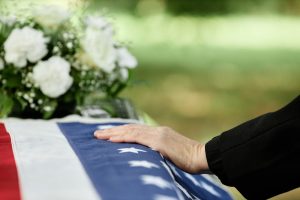
Q: What type of reimbursement or allowance does the VA provide for funeral expenses?
A: The VA offers an allowance to cover a portion of funeral and burial/cremation costs. If a veteran dies due to a service-connected cause, the family of a veteran may be eligible for an allowance of up to $2,000. For a non-service-connected death, the VA will pay a specified amount to the family. Plot interment and burial/cremation and funeral allowance amounts are dependent on the date of death and whether or not the veteran was under VA hospital care at the time of death.
Q: What determines eligibility for VA burial benefits, allowances, and reimbursements?
A: To receive VA burial benefits, you must be a veteran of the Armed Forces (Army, Navy, Air Force, Marine Corps, Coast Guard) with a discharge other than dishonorable. If a veteran has anything less than a general discharge, he or she may not qualify for burial benefits. Certain discharges other than honorable are considered on a case-by-case basis by the VA Regional Office to determine eligibility.
Reservists and National Guard members may qualify based on their retirement status and whether or not they died while on active duty or on official orders. Spouses and minor or disabled children of an eligible veteran may also be eligible for burial benefits. In some cases, parents of an eligible veteran may be eligible for burial benefits as well.
To determine your specific eligibility status, contact your VA Regional Office or visit www.cem.va.gov/cem/burial_benefits/eligible.asp for a complete list of eligibility requirements.
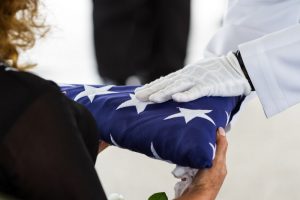
Q: What benefits will my family members receive?
A: Burial benefits are available to eligible spouses and dependents who choose burial in a national cemetery. Benefits include burial with the veteran, perpetual care, and the spouse or dependent’s name and date of birth and death inscribed on the veteran’s headstone.
Q: How does my family request military honors?
A: Once you have a funeral home partner, your funeral director will contact the honor guard to request military honors. At the committal service, the service member will present one burial flag to the next of kin. Make sure to let your funeral director know to whom the flag should be presented.
Q: How can I ensure my family receives the benefits they are entitled to?
A: First, ensure that your family is aware of your veteran status and your desire for them to access your veterans’ burial benefits when you die. Second, to access your burial benefits, they will need a copy of your DD 214 form or an equivalent form. This form identifies the classification of discharge. If the DD 214 form is misplaced or lost, contact Veteran Affairs or your local Veteran Service Officer to request a replacement form. You can also find more information online here.

Q: What is the difference between a national cemetery and a state cemetery?
A: The main difference is that state governments manage state veteran cemeteries. However, in many cases, VA grants fund state veteran cemeteries, so they must adhere to federal eligibility requirements.
Burial benefits often include opening and closing of the grave, perpetual care, grave liner, and the setting of the government-furnished headstone or marker. Eligible veterans also receive one burial flag and a Presidential Memorial Certificate.
Please note, some state cemeteries may charge for interment of the veteran and eligible spouse or dependent children. Check with your funeral director to get more information about the state veteran cemeteries in your area.
Q: If I choose burial in a private cemetery, will I still receive benefits?
A: Veterans buried in a private cemetery may be eligible to receive a government-furnished headstone, marker, or medallion, one burial flag, and Presidential Memorial Certificate, at no cost to the family. The VA will not pay for cemetery plots or opening and closing of graves at private cemeteries. However, your family can apply for a reimbursement (called an “allowance,” as mentioned above). Spouses and dependents buried in a private cemetery are not eligible to receive any VA benefits.
Q: What happens if my non-veteran spouse or child dies first?
A: Eligible spouses and dependents may be buried in a national cemetery, even if they predecease the veteran. If you are interested in burial at a state veteran cemetery, contact the cemetery directly to find out their regulations on the burial of a non-veteran spouse or child.

Q: How does my family file a claim for burial benefits?
A: For information on how to apply for a burial allowance or plot allowance, click here. If you would like to request burial in a national cemetery, the easiest thing is to let your funeral director know. They can take care of most details for you. However, if you’d like, you can contact the National Cemetery Administration directly at 800-698-2411 (TTY: 711).
Q: As a veteran, can I be buried at Arlington National Cemetery?
A: Burials at Arlington National Cemetery are reserved for:
- Service members who die on active duty
- Military retirees
- Recipients of the Medal of Honor, Distinguished Service Cross, Navy Cross, Air Force Cross, Distinguished Service Medal, Silver Star, or Purple Heart
- Burial is also available for eligible spouses and dependent children
Q: Does the VA cover the cost of transportation to a national or state cemetery?
A: If a veteran dies as the result of a service-connected disability, is under VA care at the time of death, or is receiving a VA pension or compensation, some or all of the costs for transporting the veteran’s remains to a national cemetery may be reimbursed. The VA will advise the next of kin or person making the burial arrangements on this matter.
Hopefully, the answers to these frequently asked questions have helped you get a better understanding of the veterans’ burial benefits available through the Department of Veterans Affairs. But of course, should you have questions, don’t hesitate to reach out to the VA directly or contact a trusted funeral professional. Thank you for your service!

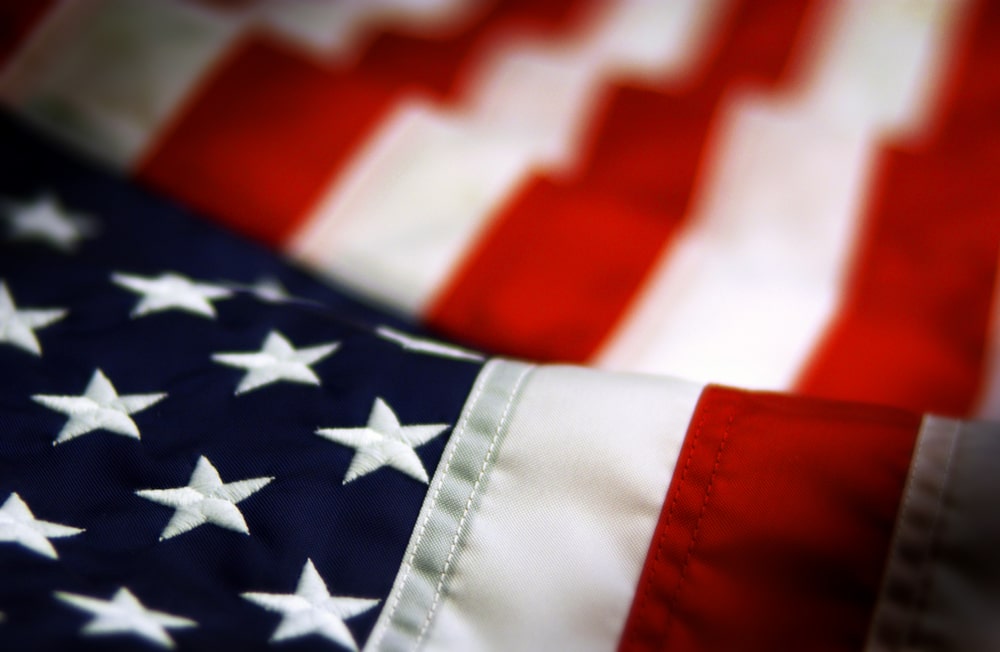
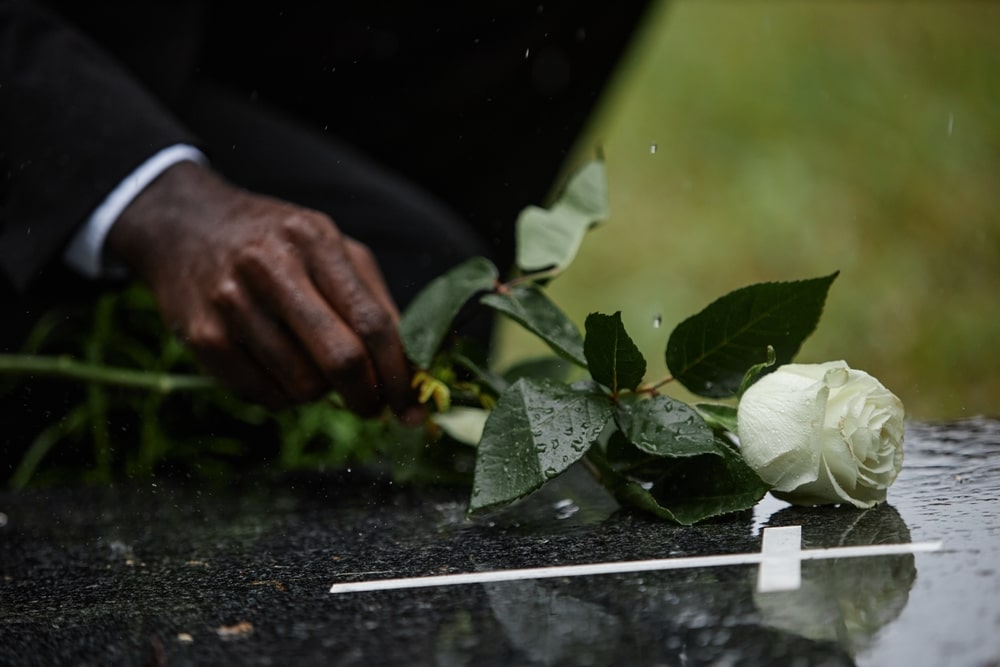
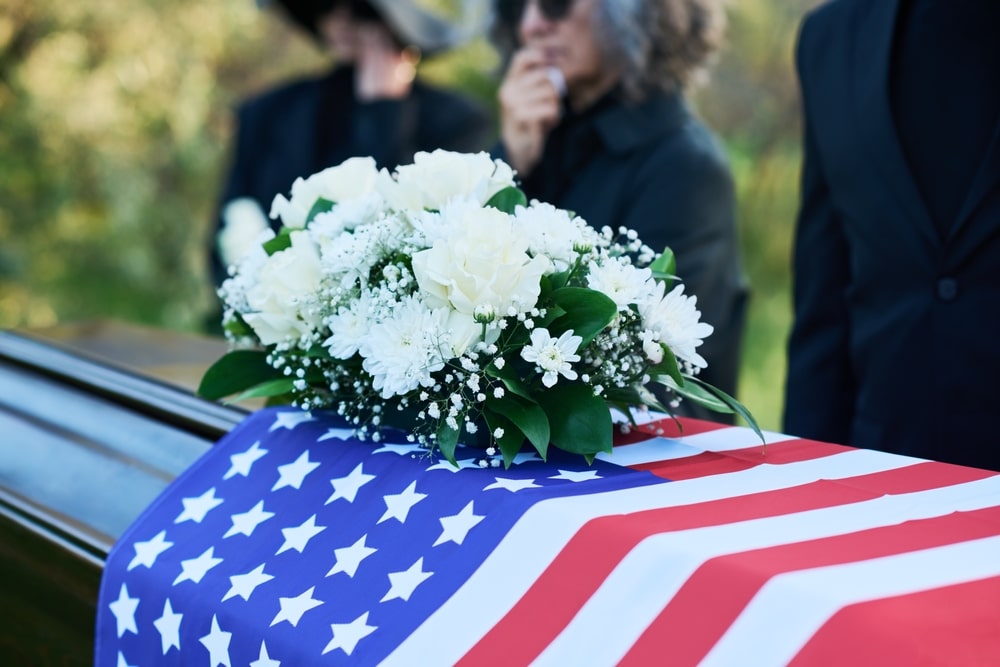
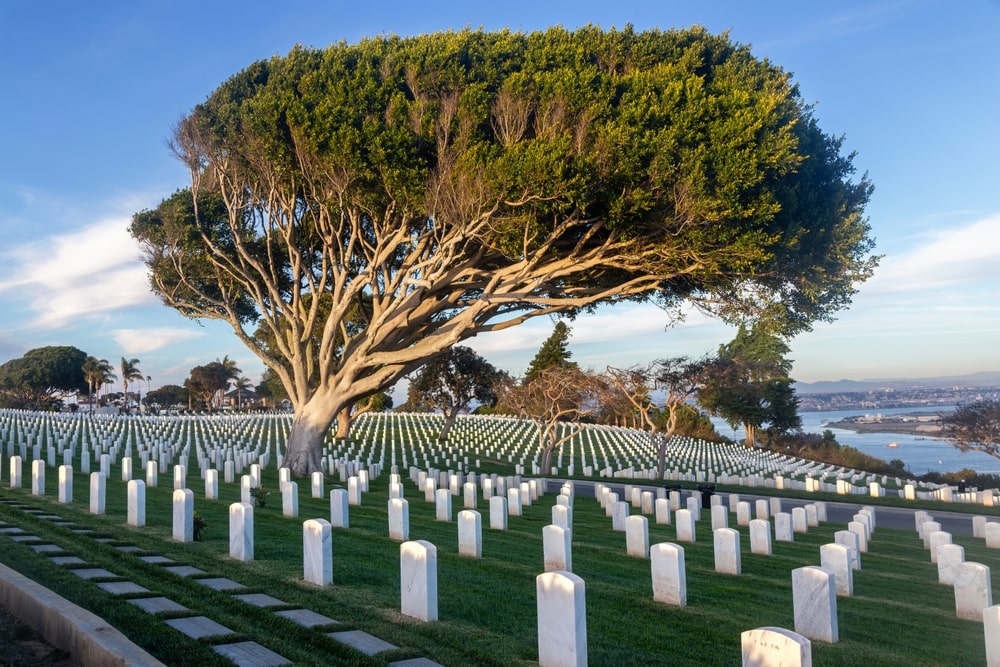
3 Comments